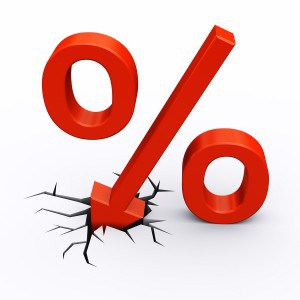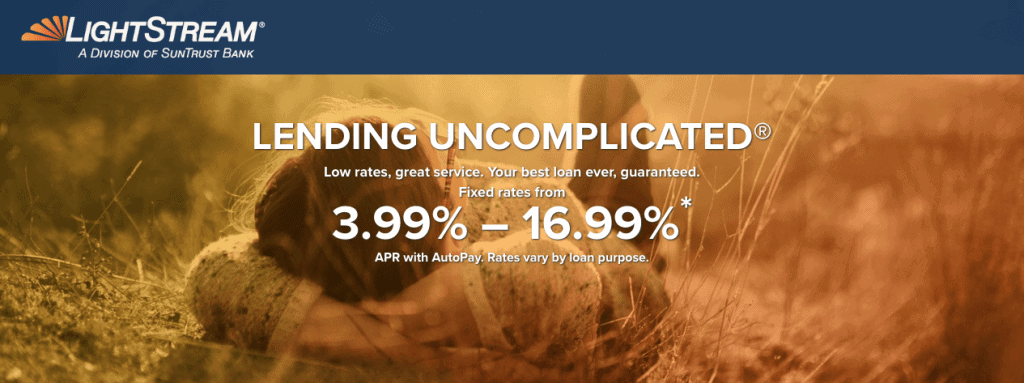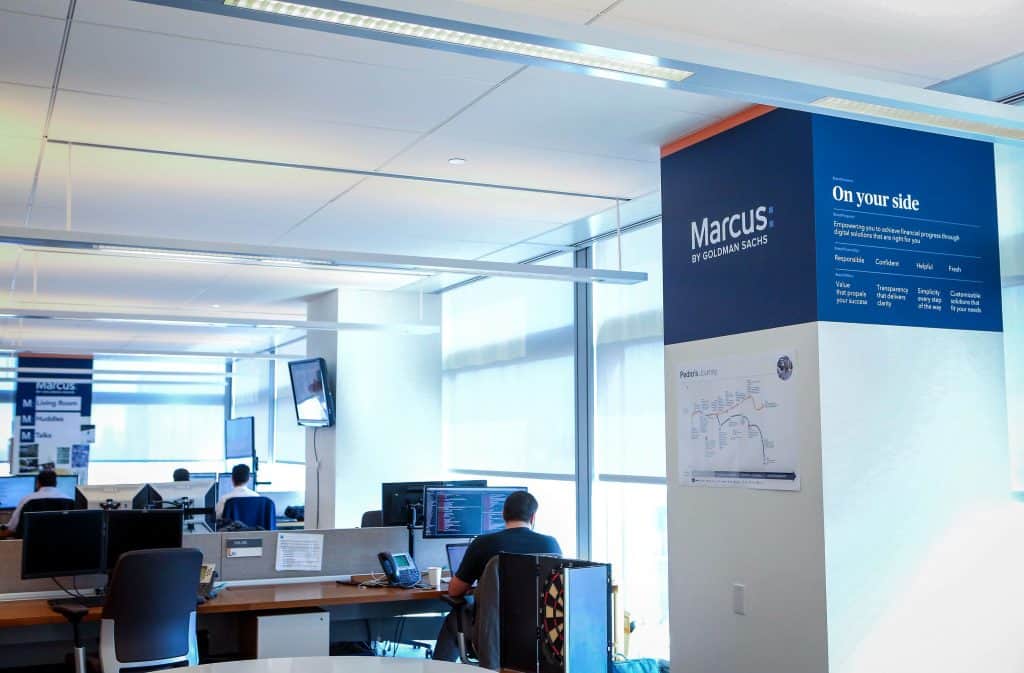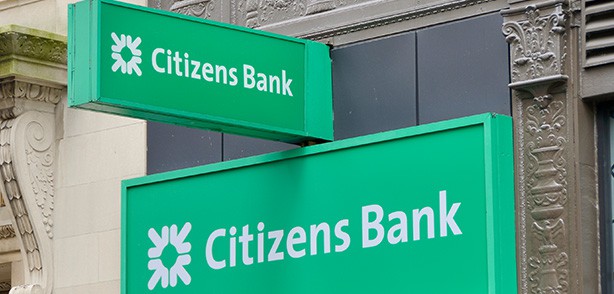10 Best Low-Interest Loan Providers Compared in 2021
When did you last apply for a loan and what was your key consideration when deciding on the best lender? If you are like the millions of other Americans flocking financial services provision institutions every year for a cash advance, you had your eyes fixated on the interest rates.
Whether you are applying for a home owner loan, mortgage, a multi-purpose personal loan or any other type of loan, it is only logical that you go after the most affordable loan. And this almost always involves sourcing for the loan service provider that not only charges the lowest interest on the credit but also imposes minimal additional loan costs. But what is a low-interest loan? Is there a standard low-interest rate that lenders must comply with?
Ideally, the financial regulatory agencies will in some cases, especially with the payday loans, only dictate a price ceiling above which interest rates must not exceed. The standard rate is then influenced by such factors as the Federal Reserve recommended rate, the forces of demand and supply as well as the competition between different lenders. This effectively means that when looking for the low-interest loan, you will have to go through the different loan packages availed by different credit providers.
We have however done all the heavy lifting, compared different lenders, and vetted the terms for their varied types of loans. In this guide, therefore, we have compiled a list of some of the most affordable loans by looking at both their interest rates and overall loan costs. We start by looking at the factors that affect the cost of a loan and criteria used to arrive at the best loans.
What factors affect the cost of a loan?
i. Interest rate:
Interest rates have the biggest influence on the cost of a loan. And whether fixed or variable interest, the rates are almost always negotiable. Your lender will start by assessing your creditworthiness when determining the rates where creditworthy borrowers attract lower interest rates.
ii. Fees and charges:
The fees and charges levied at the different stages of loan application and repayment will have the second most significant impact on the cost of the credit. These include origination fees, closing fees, loan application processing fees, and penalties on late and missed repayments. A low-interest lender will always strive to keep these extra charges at a minimum.
iii. Loan repayment period:
The loan repayment period will also have a near-direct impact on the cost of the loan. Note that while the longer-term interest may seem more affordable because of their relatively affordable monthly installment payments, they are often the most expensive as you pay more interest overall.
iv. The flexibility of the loan repayment:
What does the lender say about loan prepayments? If the lender allows for interest-free prepayments, you may then be able to push the cost of the loan down by making lumpsum prepayments on the loan and vice versa.
Pros
- Some carry attractively low rates at fixed interest rates
- A loan helps build your credit score
- Unlike venture capitalists, lenders have no interest in how you use the loan
- Some of the loan interests are tax-deductible
- There are both project-specific and multi-purpose loans
Cons
- Most loans application processes call for lengthy paperwork
- A bad, poor or lack of credit history will lock you out of most low-interest loans
- Most low-interest loans must be securitized
Criteria used to rank different low-interest loans:
- Interest rates
- Additional fees and charges
- Loan type
- User experience
- Loan processing wait time
- Need for collateral
- Customer support
Best low-interest loan types in 2019?
Laurel Road is a good credit lender and their low annual interests on loans of between 8.01% and 16.30% will only apply to borrowers with a minimum credit score of 700. The actual interest rate for the loan is however highly personalized and open for discussion depending on your creditworthiness. Some of the factors that the lender hints to put into consideration when assessing this creditworthiness include your debt-to-income ratio, minimum annual income, and the amounts applied for. Here, you can borrow from $1,000 and up to $45,000 and repay these amounts in between 3 and 5 years. Of interest is the fact that the lender doesn’t impose any loan application and pre-qualification charges or fees and neither do they charge for prepayments. Delayed and missed repayments, however, attract the late fees which are the lesser of 5% the monthly installment or $28.
Pros:
- Discounts your loan interest if you chose autopay during the loan application
- Has a co-sign loan option for a joint application
- Doesn’t charge prepayment and origination fees
- One may consider their 5 year repayment period attractive
Cons:
- Their loan repayment structure is fairly rigid
- Imposes penalties on late payments
LightStream may easily pass as one of the most affordable and easily accessible home equity loan providers out there. Here, loan interest starts from the attractive lows of between 3.99% and 16.99% p.a. These low rates are however only available to good credit borrowers with a minimum credit score of 660. According to the lender, other factors influencing the actual interest rates include your credit history, loan amounts and repayment period as well as the chosen repayment method – autopay or invoice. At LightStream, you can apply between $5,000 and $100,000 and repay the cash advance within 2 to 7 years. And by borrowing from this lender, you get to benefit from their zero-fee policy where they don’t charge origination and other loan application fees and neither do they impose penalties on late payments. Pros: Cons: Marcus makes it to our list of best low-interest loans because of their fairly competitive rates and terms when it comes to serving the average credit borrower. The online lender has positioned itself to serving the average borrower with a minimum credit score of 660. Here, you can apply for a multi-purpose loan of between $3,500 and $40,000 whose interest rates start from 5.99% to 28.99% p.a. You will also need to be a permanent U.S resident above 18 years with a valid bank account and SSN to qualify for a loan with the lender. These amounts must then be repaid in between 3 and 6 years. Some of the benefits of working with the lender include the fact that they don’t charge loan application fees or penalize late repayments. Pros: Cons: Avant is ideal for loan borrowers with troubled credit histories and poor credit scores. It will also work with low-income credit borrowers earning a minimum $20,000 per annum and advance them loans of between $2,000 and $35,000 with repayment periods of between 2 and 5 years. Note, however, that you need a minimum credit score of 580 to qualify for a loan with Avant . The interest rates start from 9.95% to 35.99% depending on such factors as your credit score and income levels, loan amounts, credit history, and debt-to-income ratio. You will, however, have to pay an administrative fee of 4.75% for every application with some state residents being subjected to a late fee of $25 as well as an unsuccessful loan application fee of $15. Pros: Cons: Citizens Bank stands out not just because of its low-interest rates on loans but because it is one of the few lenders that maintain a highly active physical and online presence. It maintains some of the lowest interest rates for their loans that range from 6.79% to 9.06% with the extended repayment periods of between 3 and 7 years. You can apply for loans of between $5,000 and $50,000 with the lender’s loan processing and approval wait time averaging 3 days. You will, however, need a minimum credit score of 630 and a minimum annual income of $24,000. Some of the perks of applying for a loan here is that existing Citizens Bank clients are treated to a loyalty discount of 0.25% as well as an additional 0.25% discount if you choose autopay during loan application. Citizens bank is particularly famed for its superior customer service that they have now complemented with a smartphone app that lets you keep tabs on your loan repayments on the go. Pros: Cons: With the loan repayment periods of between 2 and 7 years, SoFi has some of the most extended loan repayment periods. But this isn’t the only reason we featured the online lender on our list of best low-interest lenders. We are interested in their relatively affordable interest rates that start from 5.74% to 16.99% per annum. To apply for a loan here, you will need a minimum credit score of 680 and a minimum annual income of $50,000. You can then apply between $5,000 and $100,000 with the entire loan application process through to funding taking an average 7 days. Note that the lender doesn’t charge origination of loan application processing fees and if you choose the autopay option during loan application, you will be treated to a 0.25% discount on interest. Pros: Cons: In addition to running several physical TD Bank branches on the entire East Coast, the lender maintains one of the most dominant online presence in the country. On both platforms, the lender offers different types of loans for different purposes. The banker is especially popular for their TD Express Loan service that offers expedited loan processing service – as fast as having the funds deposited into your checking account within 2 business days. Using the TD Express Loans, you can borrow between $2,000 and $25,000 and if you go through the normal application process this upper loan limit is expanded to $50,000. In both cases, interest rates range from 6.99% to 18.99% with repayment periods of between 12 and 60 months. The most interesting factor about the different TD Bank loans is that they don’t attract origination or loan processing fees. And if you choose autopay during loan application, you will be treated to a 0.25% interest rate deduction. Pros: Cons: Citi Bank features on this list of low-interest loan service providers not just because of the competitive caps on their rates but also because these rates are fixed. Interest rates for multi-purpose personal loans start from 7.99% and top at an attractive 17.99%. And they are fixed. The application for the loans is either online or over the phone, and you can borrow between $2,000 and $50,000. If approved, you will then have between 1 and 5 years to complete the repayments. If you apply online, the maximum you can apply is $30, 000 but you will need to call the bank or present yourself at one of their over 700 branches strewn all over the country to apply anything above these amounts. You are also free to convert your variable rate credit to a fixed-rate loan with fixed repayments. More importantly, the banker maintains an online budgeting tool that you can use to check out how much you can borrow and set up the most affordable repayment plan. Pros: Cons: i. Find a lender with competitive rates: If you hope to land a lender with competitive interest rates, take you time to shop around different lenders while vetting their loan terms. Here, you will be looking at not just the highlighted interest rates but also their loan costs and other associated fees and penalties usually hidden in their fine print. ii. Ensure you meet their pre-qualification terms: Different lenders have varied requirements that you must fulfill if you hope to qualify for a loan here. These include credit score and annual income minimums, debt-to-income ratios, and solid credit history. Ensure you meet these requirements before applying for a loan with your preferred lender. iii. Work on your credit scores: Your credit score and credit history plays a significant role in influencing your creditworthiness. Always strive to improve this score by paying your bills and debts on time if you hope to boost your chances of qualifying for a low-interest loan. iv. Sign for auto-pay during loan application: Most lenders will almost always offer you a discounted loan interest if you sign up for autopay during the loan application. This is offered by most financial services provider as an incentive to encourage timely loan repayments. Bottom line There is no limit to the number of institutions, both established banks and digital platforms offering low-interest loans. In this list, we have included some of the lenders that match attractively low interests with friendly loan terms. We were particularly interested in lenders that don’t subject their borrowers to unnecessary and punitive fees, charges and penalties and also offer unsecured loans. We advise that you consider these factors when deciding on your preferred low-interest lender. Other key factors that you should also consider taking into account include the loan repayment periods allowed and the time they take to process, approve and fund the loan. FAQs:
How can you qualify for a low-interest loan?
Are all low-interest loans secured?
Are low-interest rates negotiable?
Who can apply for a low-interest rate loan?
What is the difference between loan interest and loan costs?
What happens if I miss a payment for low-interest loan?
Is there a difference between a credit score and credit history?










